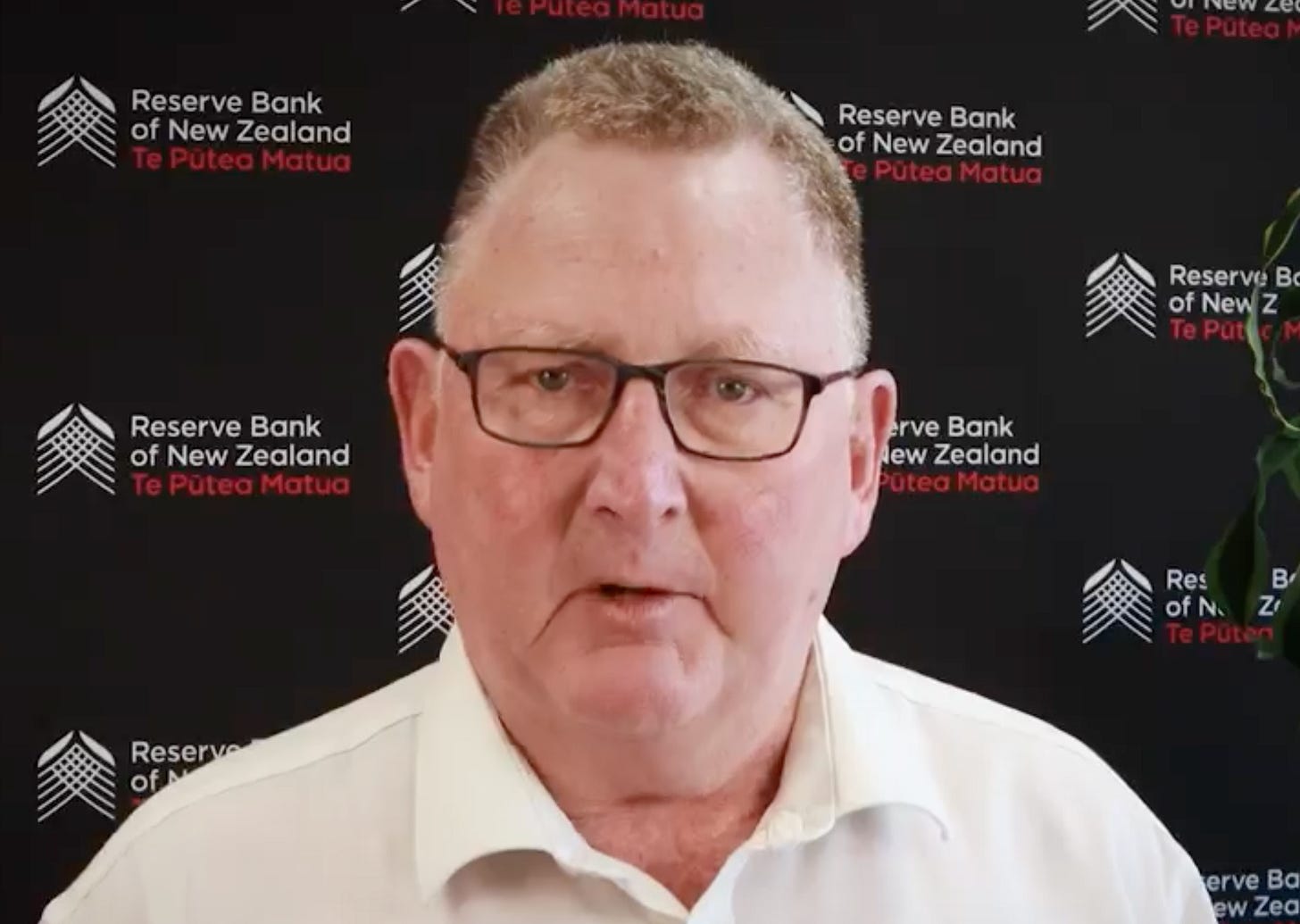📰 Reserve Bank of New Zealand Governor Adrian Orr Announces Resignation
Reserve Bank of New Zealand (RBNZ) Governor Adrian Orr has announced his resignation after seven years at the helm of the country's central bank. Orr, who was appointed in March 2018, will officially step down from his position on March 31, according to a statement released by the RBNZ today.
"It has been a privilege to lead an institution that plays a critical role in the economic wellbeing and prosperity of all New Zealanders," Orr said in his resignation statement.
Leadership Transition
Deputy Governor Christian Hawkesby will serve as Acting Governor until the end of March, after which the Minister of Finance, on recommendation from the RBNZ Board, will appoint a temporary Governor for a period of up to six months. Hawkesby will also chair the Monetary Policy Committee during this transition period.
Economic Context
The outgoing Governor leaves at a time when New Zealand's economy shows signs of recovery following prolonged COVID-related disruptions. Orr emphasized that consumer price inflation is now at target levels and the financial system remains sound.
"I leave the role with consumer price inflation at target, and an economy in a cyclical recovery following the long period of COVID-related disruption," Orr stated.
Institutional Achievements
During his tenure, Orr oversaw significant institutional reforms including the implementation of the new Reserve Bank Act, Deposit Takers Act, and the establishment of a Depositor Compensation Scheme. He also led the operationalization of changes to governance and decision-making structures, including the creation of a Monetary Policy Committee with external members in 2019.
RBNZ Board Chair Professor Neil Quigley commended Orr's leadership: "Adrian has been critical to leading the institutional reforms needed to implement the new Reserve Bank Act. He has also driven a significant uplift in leadership and capability across the Bank, and modernised its culture to reflect contemporary New Zealand society."
Strategic Initiatives
Under Orr's leadership, the RBNZ advanced several multi-year programs aimed at modernizing and strengthening both the central bank and New Zealand's financial system. These included strategies related to the Future of Money and Cash, Future of Payment and Settlements, Financial Inclusion, Climate Change, and Māori Access to Capital.
Orr cautioned that these initiatives require continued attention: "There is much work left to do on the major multi-year strategies RBNZ is following. Ongoing focus and funding will be critical to these projects' success."
The RBNZ has not yet indicated a timeline for naming a permanent successor.
Got a News Tip?
Contact our editor via Proton Mail encrypted, X Direct Message, LinkedIn, or email. You can securely message him on Signal by using his username, Miko Santos.
More on Mencari
5 - Minute recap - for nighly bite-sized news around Australia and the world.
Podwires Daily - for providing news about audio trends and podcasts.
There’s a Glitch - updated tech news and scam and fraud trends
The Expert Interview - features expert interviews on current political and social issues in Australia and worldwide.
Viewpoint 360 - An analysis view based on evidence, produced in collaboration with 360Info
Mencari Banking - Get the latest banking news and financials across Australia and New Zealand
The Mencari readers receive journalism free of financial and political influence.
We set our own news agenda, which is always based on facts rather than billionaire ownership or political pressure.
Despite the financial challenges that our industry faces, we have decided to keep our reporting open to the public because we believe that everyone has the right to know the truth about the events that shape their world.
Thanks to the support of our readers, we can continue to provide free reporting. If you can, please choose to support Mencari.
It only takes a minute to help us investigate fearlessly and expose lies and wrongdoing to hold power accountable. Thanks!





